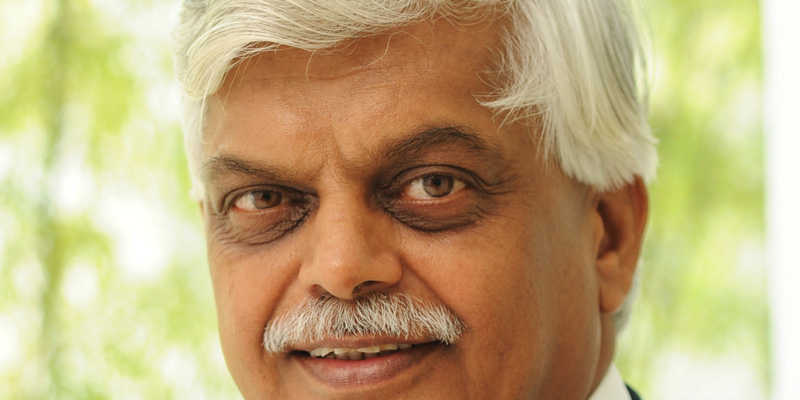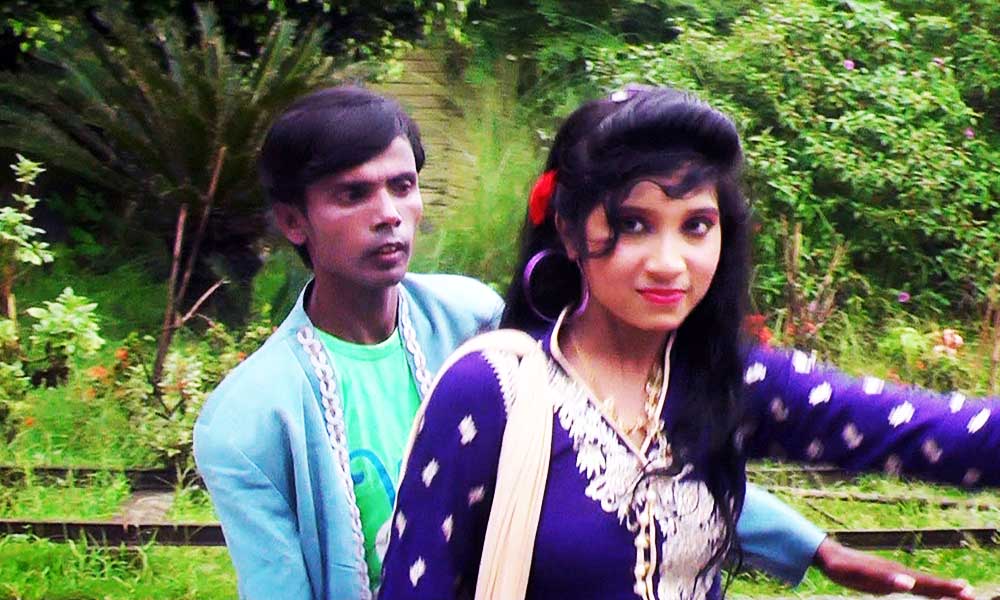Political experts like Sudheedra Kulkarni has also asked the timing of the release. But what is more important here is a peek into the morality of Singh who let his image to be that of a person who was bossed upon by his party chief on important policy matters.
How is it for a nation to be run by a prime minister whose reigns were in someone else’s hands?
How does it feel to have a boss who holds the highest executive post of a country and yet his loyalty resides somewhere else?
Sanjaya Baru’s memoir, The Accidental Prime Minister: The Making and Unmaking Of Manmohan Singh, gives us a glimpse with illustrious details of the Singh’s time in the prime minister’s office. He alleges through his book that the leader of the world’s biggest democracy has not been in charge of his own country.
Baru, who was Singh’s media advisor from May 2004 until August 2008 (UPA I), in his crisp tales explains that the PM was “defanged” in his second term starting in 2004, deferring on cabinet appointments and major policy decisions to Sonia Gandhi, president of the Congress party which leads Singh’s coalition government.
An excerpt from the book gives a damning assessment of Singh’s attitude towards corruption: “Dr Singh’s general attitude towards corruption in public life, which he adopted through his career in government, seemed to me to be that he would himself maintain the highest standards of probity in public life, but would not impose this on others … In practice, this meant that he turned a blind eye to the misdeeds of his ministers.”
Till now, the prime minister’s office (PMO) and the office of Sonia Gandhi has been denying the charges made in the book calling it a pure fiction. The statement released by the PMO said: “It is an attempt to misuse a privileged position and access to high office to gain credibility and to apparently exploit it for commercial gain. The commentary smacks of fiction and coloured views of a former adviser.”
The statement added that when senior Indian editors met Singh in October and raised Baru’s allegations, Singh replied: “Do not believe all he is saying.”
If true, the allegations and insinuations made by Baru would shed fresh light on an administration that has been dubbed as the most corrupt in the history of Indian politics. If at all the Congress high command wielded a greater power than the PM and the latter consciously allowed her to do so, the whole gamut of corruption cases will be seen under a new light.
The closeness of Baru and his ouster from the PMO (he was replaced by Pankaj Pachauri) gives us all the more reason to believe him. Although he is telling us the readers what we already knew, but his voice becomes more authentic because of his involvement in the administration and his sketchy tales with enough logic.
Some are questioning the morality of Baru for releasing the book at a time when general the country is in the midst of voting in general election. According to The Guardian, “Such an intimate portrait of dysfunction will certainly have political ramifications. The allegations could further damage Sonia Gandhi, one of India’s most powerful politicians, as well as her son and political heir, Rahul Gandhi, who is leading the current Congress campaign.”
Political experts like Sudheedra Kulkarni has also asked the timing of the release. But what is more important here is a peek into the morality of Singh who let his image to be that of a person who was bossed upon by his party chief on important policy matters.





